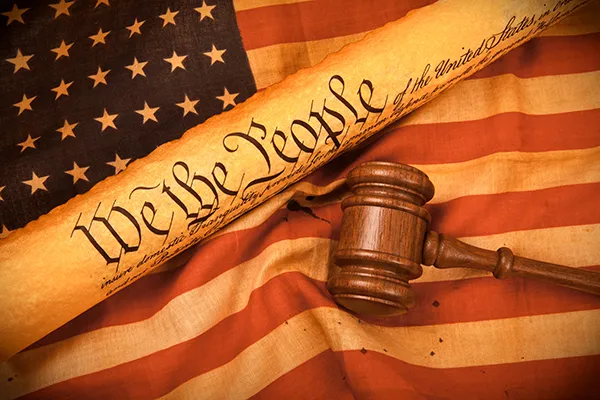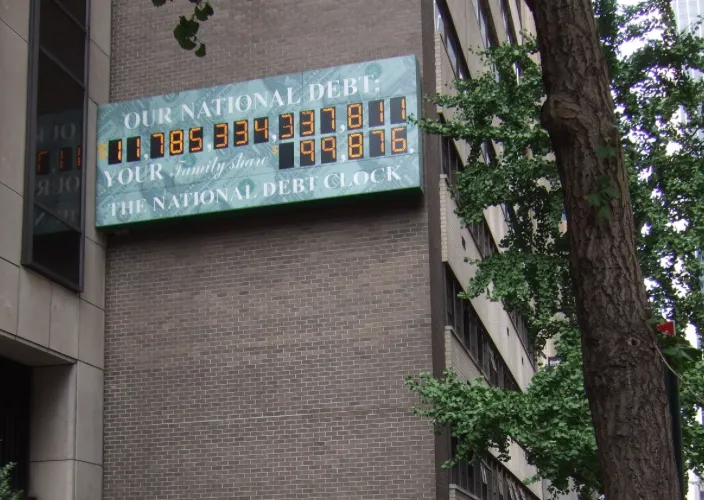Table of Contents
In recent years the “fact check” has risen to obligatory prominence on the pages and screens of news outlets. If a politician says something questionable, then the fact checkers assess and assign to that statement a certain truth rating. In a flurry of fact checking yesterday, the media shredded VP candidate Paul Ryan’s convention speech.
To be sure, fact checkers provide value to American democracy. A lot of their checks are necessary and true. But there are two points that readers should remember when assessing the fact check:
- Fact checking journalists are not economists or CBO-trained budget analysts.
Despite this, they purport to be arbiters of truth, the final word on political statements involving complex issues of government and the economy. And sadly, many take these as the final word on an issue. Fact checkers reference themselves, journalists cite the fact checks in their articles, and even the campaigns reference them in ads. Journalists are being treated as experts on policy issues, but these policy issues are sometimes too open to interpretation or too complex to be fairly reported. When journalists realize this they quote the experts, but that simply means choosing from varying expert opinions.
Fact checkers have nailed Ryan for his Medicare comments on Wednesday night. But, as some have pointed out, the expense to the elderly may come in the form of decreased hospital reimbursement rates which could have a great effect on care. These effects are complicated but someone in good faith could believe that they would harm those seeking services and paying with Medicare. This step in the argument probably would have been good to include in the fact checks, but few did so. Why not? Many of the fact checkers found what they perceived to be hypocrisy in Ryan’s Medicare attack, and they gleefully pointed it out. To believe his attack was hypocritical is fine, but they should have disparaged this hypocrisy in an opinion piece, not in a fact check.
- The fact check label is not a seal of approval from a higher power.
The words “fact check” clearly carry weight for journalists. Writers believe these words in a title will instantly make their articles credible. The use of the practice comes naturally to a journalism industry always claiming its power over politics through ever more interpretative journalism. It is not enough for a journalist to report on a campaign, they have to interpret the candidate’s words and actions as well. In some ways, this might be good for democracy. Gone are the days when the Kennedy and Nixon campaigns hand speeches to reporters and expect them to be reprinted in the newspaper.
But the cost of a better media watchdog is objectivity. Greater interpretation means greater need to make often times subjective decisions. The Janesville plant spat seems to reveal this. Fact checkers went to print after choosing that the effective closing date was in 2008 and not 2009, even though a spectrum existed from which reasonable people might choose differently.
Unfortunately, in a country where many haven’t the time nor interest to pay much attention to in-depth policy debates, fact checks may be the best we can do to keep politics honest. Fact checking can be good, but it can also be misleading. As readers, we must scour the internet for the facts. Hopefully some fair experts join the debate. Hopefully we can rely on relative fairness from people like Glenn Kessler and FactCheck.org. But we really should be careful when the media, in a feeding frenzy, forgets about fairness and sees only the glory of one-upping its perennial opponent: politics.








